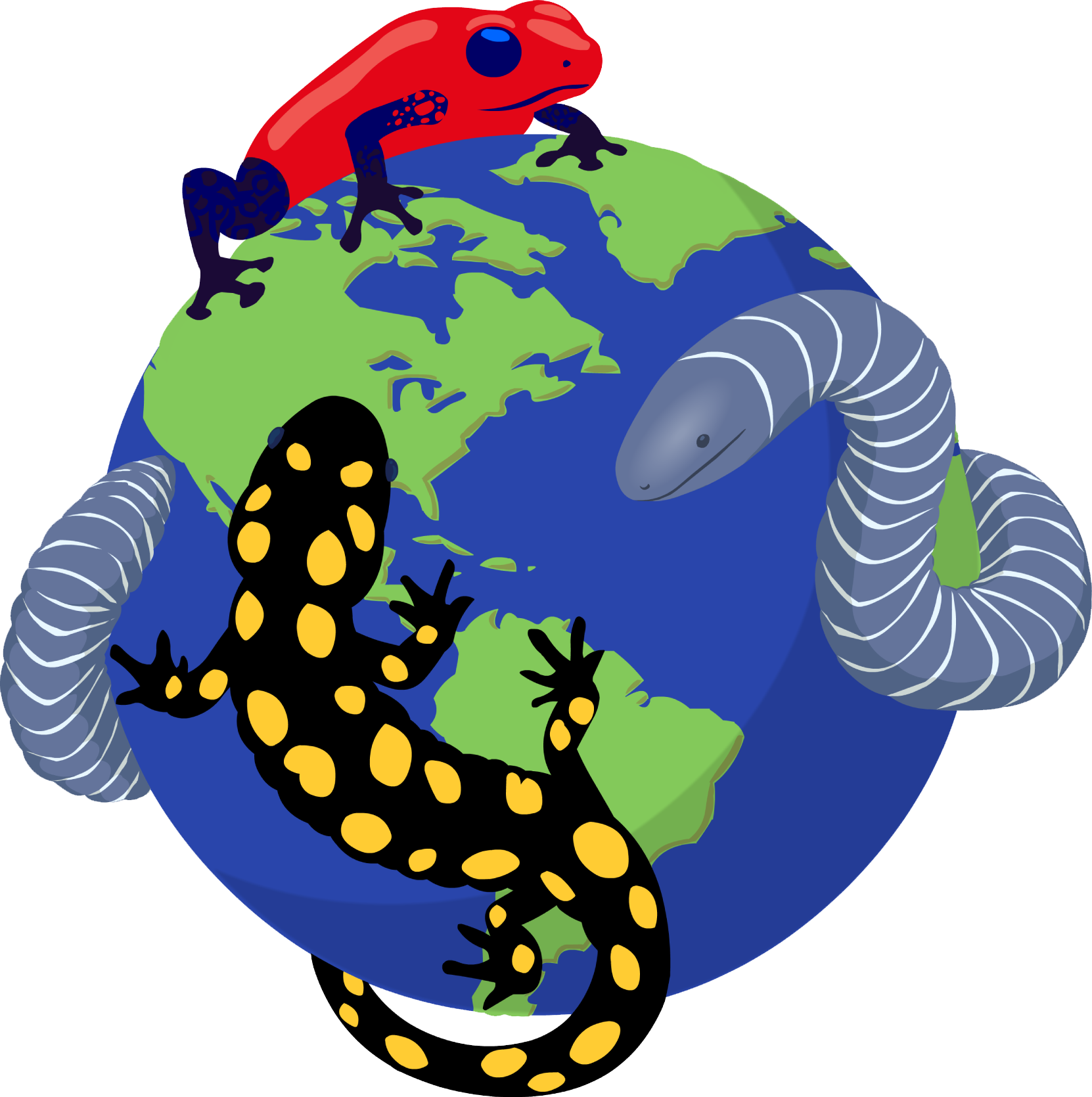|
Description
A member of the granulosa group with the following combination of characters: 1) vomerine dentition present, 2) bones are pale green in life, 3) the peritoneum is white and covers up to the posterior part of the liver, stomach; intestines white, 4) color in life is pale green to pale greenish-yellow in a reticulate pattern with cream spots, 5) dorsal skin is grainy with larger tubercles coinciding with the cream colored spots, 6) no skin folds on forearms or tarsals, 7) lacks humeral spine Adults are medium sized, females reach 27.4mm SVL, males 25.6-27.4mm. Head as wide as the body and wider than it is long. Rostrally rounded when viewed dorsally and somewhat rounded when viewed laterally. Distance from anterior portion of eye to nostril is 64.5-87.3% the diameter of the eye (which is 32.4-37.8% length of head), supratympanic fold very thin and attenuate, tympanic membrane is 29.2-36.4% the diameter of the eye. Length of tibia is 55.9-60.9% SVL. When hindlimbs adpressed anteriorly, the ankle sets on the most anterior part of the snout. Distribution and Habitat
Country distribution from AmphibiaWeb's database: Colombia
Type locality is at the National Park “La Orquidias” (“The Orchids”) on the western slope of the Cordillera Occidental at an elevation of 820m.Possible reasons for amphibian decline General habitat alteration and loss
References
Ruiz-Carranza, P.M. and Lynch, J.D. (1991). ''Ranas Centrolenidae de Colombia III: Nuevas especies de Cochranella del grupo granulosa.'' Lozania, (59), 1-18.
Originally submitted by: Raul E. Diaz (first posted 2003-01-06)
Edited by: Raul E. Diaz (2003-01-06)Species Account Citation: AmphibiaWeb 2003 Cochranella ramirezi <https://amphibiaweb.org/species/1789> University of California, Berkeley, CA, USA. Accessed Jan 12, 2025.
Feedback or comments about this page.
Citation: AmphibiaWeb. 2025. <https://amphibiaweb.org> University of California, Berkeley, CA, USA. Accessed 12 Jan 2025.
AmphibiaWeb's policy on data use.
|


 Map of Life
Map of Life